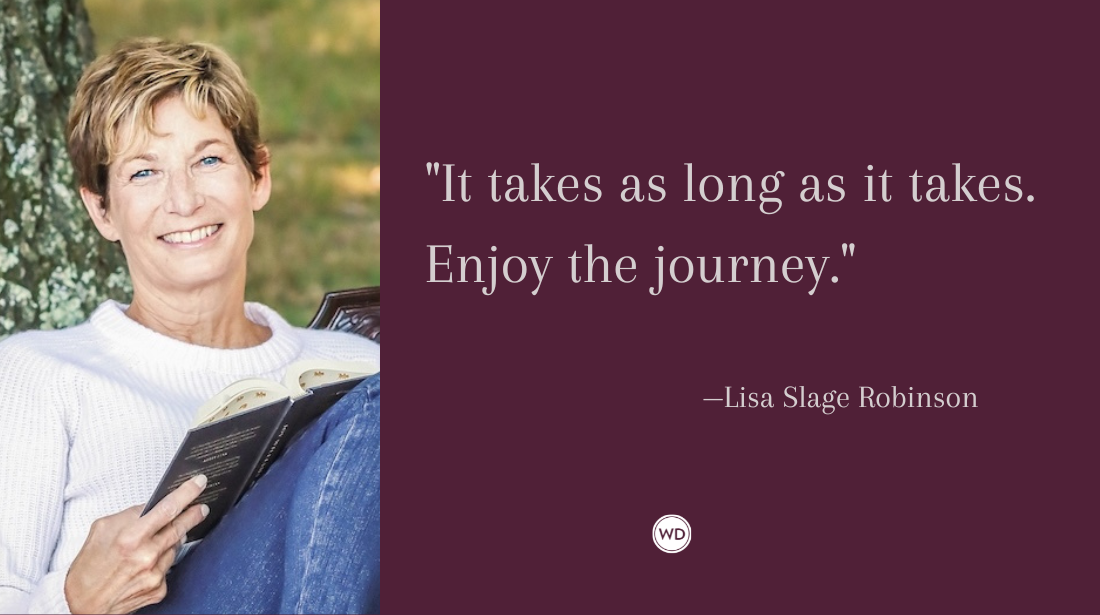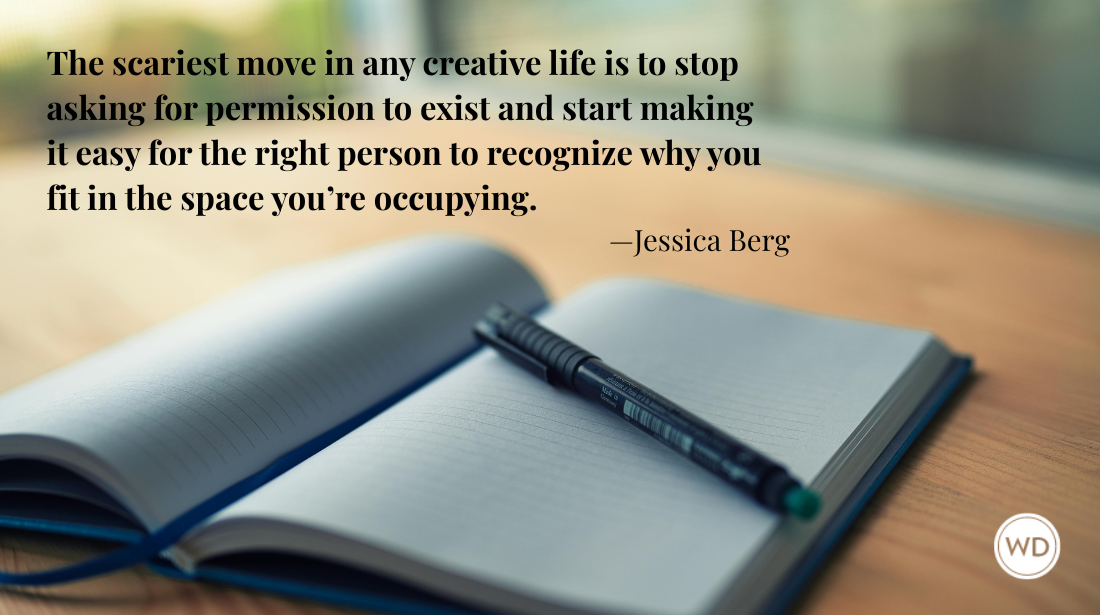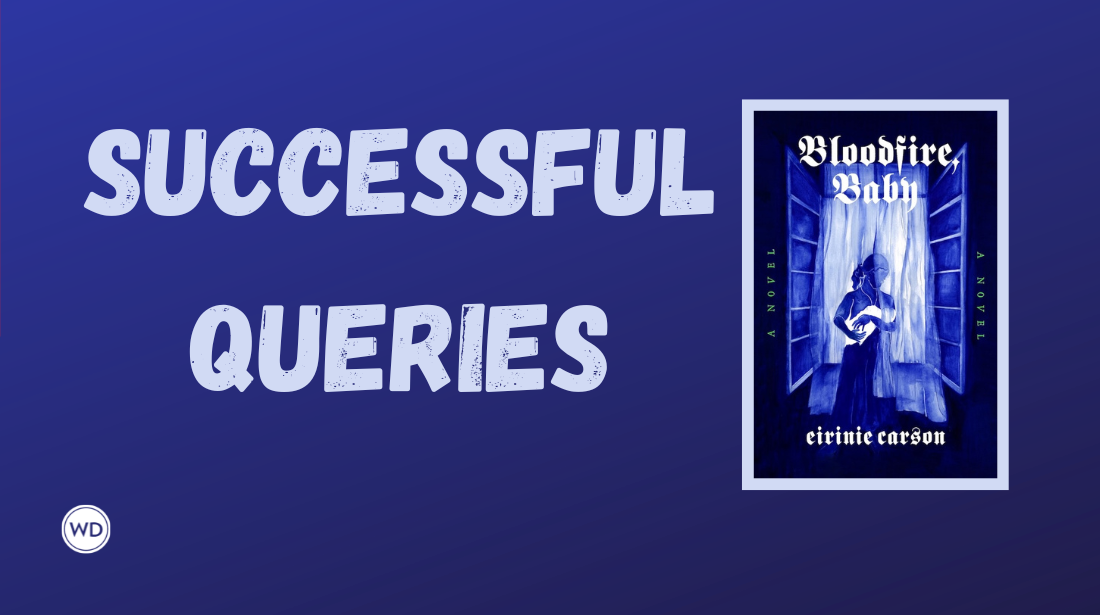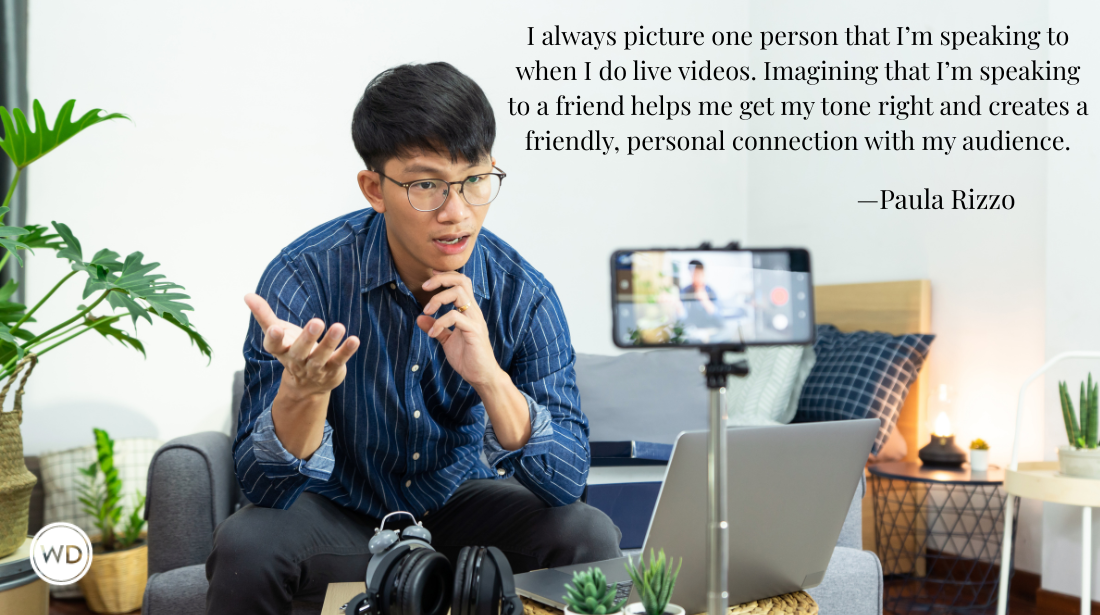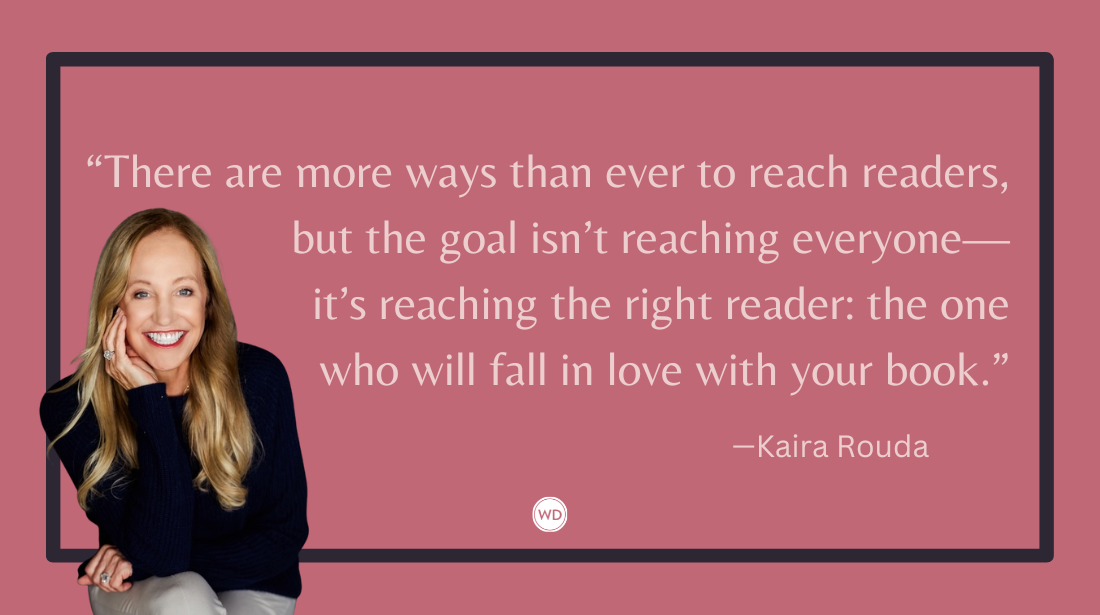The Skinny on Social Networking
Guest post by Rob Eagar Marketing books via blogs, Twitter, and Facebook has become an extremely confusing topic for many authors. Some people herald social media as the saviour of…
Guest post by Rob Eagar
Marketing books via blogs, Twitter, and Facebook has become an extremely confusing topic for many authors. Some people herald social media as the saviour of marketing. Others complain that their online efforts rarely produce tangible results. As an expert who has coached over 400 authors on the subject, below is my attempt to offer some clarity:
The Internet can either be an author's best friend or an author's worst distraction. You simply cannot let technology and trendy ideas sidetrack you from a solid marketing plan. Use the Internet as part of what you do, not the only thing you do.
Balance your activity on social networks with mastering other essential marketing tactics, such as creating a powerful author website, sending out compelling newsletters, providing free resources, public speaking, capturing radio and TV exposure, etc.
Always remember that it's the content - never the medium - that gets people excited. Social networking only works if you use it to make people's lives better.
Blogs and social media produce the best results for authors who already have a large platform. If you’re an unknown author, plan on spending at least 1 – 2 years to build a decent-sized online following from scratch. It doesn’t happen overnight and it takes frequent posting on a consistent basis. What makes an effective blog?
- Frequency: Post 2 - 4 times per week.
- Transparency: Express your personality.
- Value of content: Give truly helpful information.
Promoting a book via blog tours can be very hit-or-miss. Blog tours can help raise awareness, but only if the bloggers involved have a large, engaged following. I know several authors who paid for blog tours during their new book launch and saw disappointing results. Get references from other authors before you spend the money.
Blogging don'ts:
- Don't be overly promotional, or you will drive readers away because they'll think your blog is just a billboard.
- Don't live and die based on how many "comments" or "visitors" you get. Instead, focus on being consistent. Provide regular value and you’ll attract more readers.
When Using FaceBook, Twitter, etc:
- Get involved with your target audience.
- Participate in the discussion by asking questions and challenging misconceptions.
- Don't waste your time surfing around these sites and engaging in useless chatter. Get in and get out.
Don't write new content for every social networking account you have. Take your same content and place it on all of the different sites. Use free services like www.HootSuite.com or www.Ping.fm to post all of your content simultaneously.
Promote your book via social networks by giving away free value that encourages people to spread word-of-mouth. Examples could include a free e-book, insightful article, humorous video, resource guide, etc. I personally like the idea behind www.PayWithATweet.com.
E-Newsletters, blogging, Twitter, and Facebook are the most efficient online tools for broadcasting yourself to large groups quickly (in that order).
Blogging, forums, webinars, and Twitter are the most efficient online tools for building discussion among large groups.
There is no doubt that blogs, Facebook, and Twitter have turned the world upside down. The way that people can interact and communicate will never be the same. Having said that, remember that social media is not the savior of book marketing. You can have the most technologically-advanced online strategy and still fail to sell books. Technology offers incredibly powerful new tools, but they will never replace humanity’s need for value and life-changing information that we all crave.
About the Author:
Rob Eagar is the founder of WildFire Marketing, a consulting practice that helps authors and publishers sell more books and spread their message like wildfire. He has assisted numerous New York Times bestselling authors and his new book, Sell Your Book Like Wildfire, will be published by Writer’s Digest in May, 2012. Find out more about Rob’s advice, products, and coaching services for authors at: www.startawildfire.com




